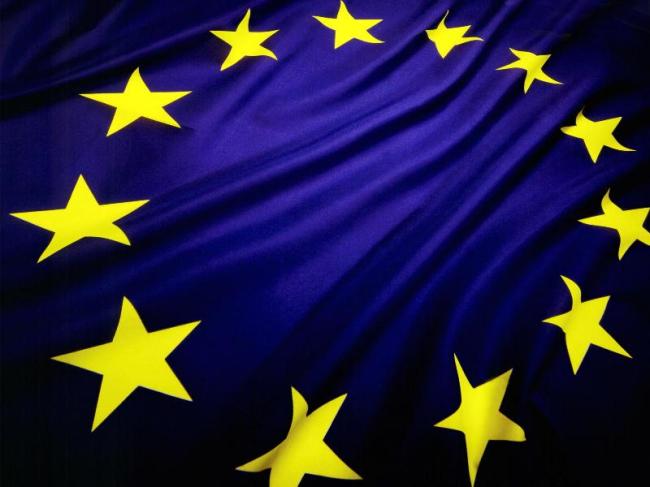On 18 April 2012, Claude-France Arnould, the Chief Executive of the European Defence Agency, updated European defence ministers on EDA activities at an informal dinner in Brussels. She thanked them for the impulse they had given to driving forward Pooling & Sharing, and set out some ideas for the long-term development of Pooling & Sharing.

The EDA Chief Executive noted the successes of projects such as Modular Field Hospitals, Maritime Surveillance and Naval Training, and she thanked Italy, Finland and Ireland for offering to take the lead on each of these projects. She particularly welcomed the announcement by the Netherlands, France and Germany that they would cooperate to lead the work on Air-to-Air Refuelling together with the EDA for a globally increased European capacity; this announcement follows the political declaration adopted by the EU defence ministers at the EDA Steering Board on the 22nd March. These projects, she explained, represent concrete examples of what the Agency can achieve in the longer term.
During the discussion, which addressed future of Pooling & Sharing, notably on the basis of a paper presented by Belgium, Greece, Finland and Luxembourg, Mme Arnould focused on three areas: Implementation, Synergy and Confidence.
Regarding implementation, the EDA’s Capability Development Plan and 2025 Vision, and other EDA tools, should be adapted as instruments to support Pooling & Sharing. This would be as part of a wider effort to address the needs of Member States, using the experience and expertise the EDA has developed in key capabilities of the future, such as Future Air Systems and space-based capabilities – while at the same time continuing the less newsworthy, but equally vital work to improve efficiency, for instance through airworthiness certification.
The second are emphasized by Mme Arnould was synergy. She explained that the EDA was seeking to create greater synergy with other stakeholders in the way they work: the EDA works on what armed forces need, identify what the market offers and what future technology promises. She emphasized the Agency’s close interaction with the EU Military Committee and External Action Service. In addition, she noted that the EDA has worked to build a potent relationship with NATO. Synergies should particularly be enhanced with other EU policies, such as on research & technology and markets. Particularly important, she explained, is the involvement of industry, including small and medium-sized enterprises.
Finally, the Chief Executive turned to the crucial area of confidence. She stressed that without confidence, Pooling & Sharing would be more difficult, and noted the importance that the EDA ascribes to confidence-building between Member States. Ultimately, this issue has to be addressed at the political level.
Mme Arnould commented, “EDA works at the service of the Member States, and the involvement of defence ministers is vital. The personal commitment expressed yesterday by them was a major encouragement, as well as their acknowledgement of the EDA’s role. The importance of defence, for Europe’s security, for the transatlantic partnership and also for growth and innovation was highlighted.”